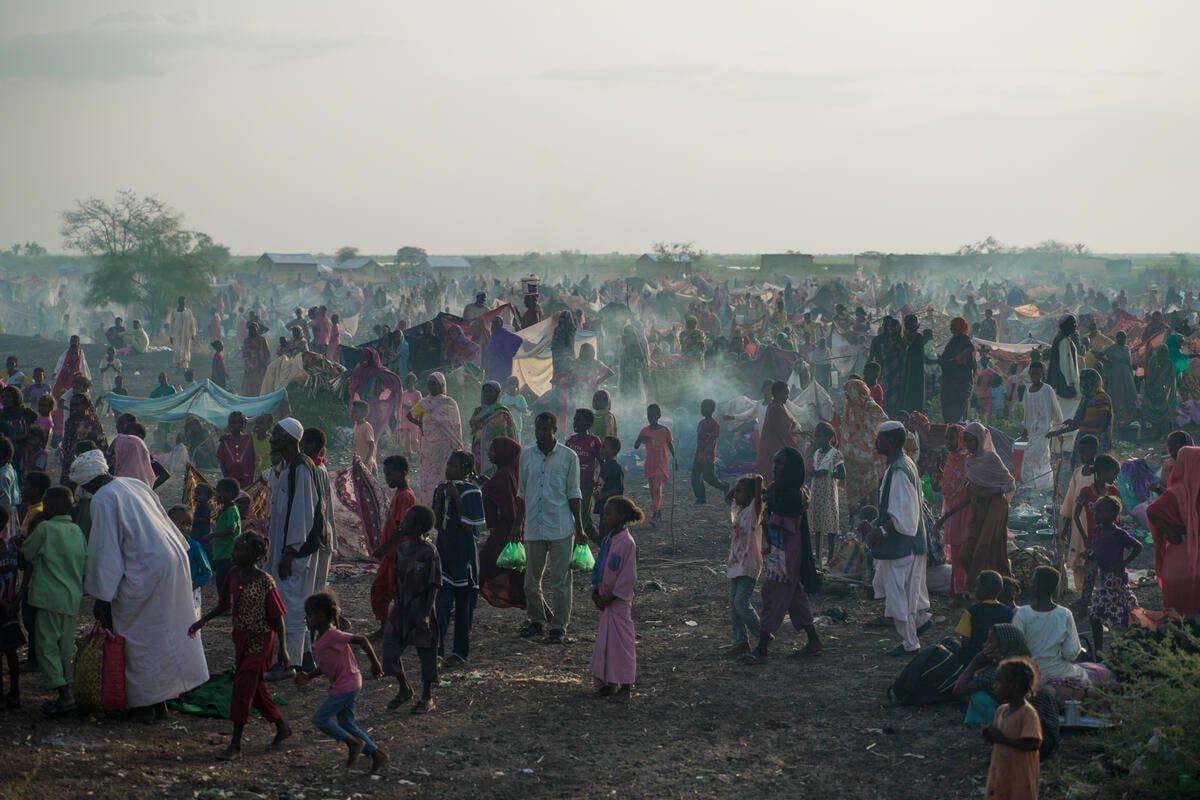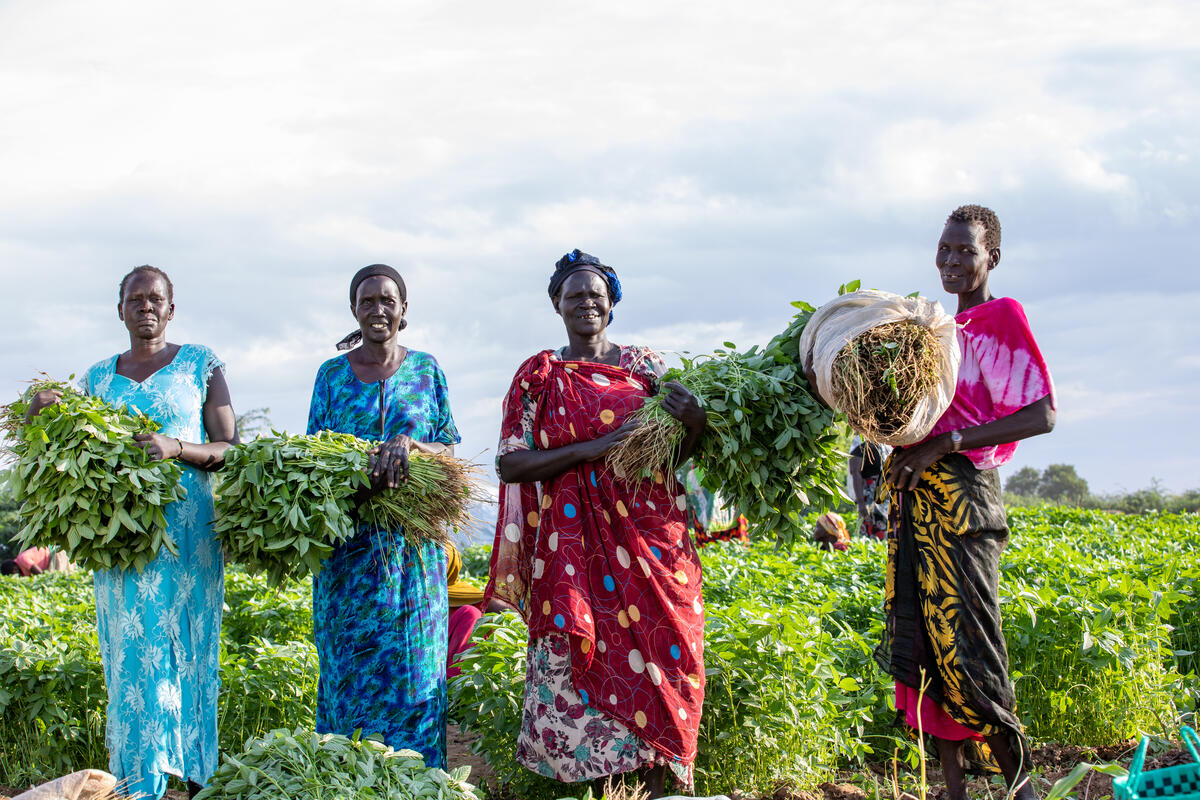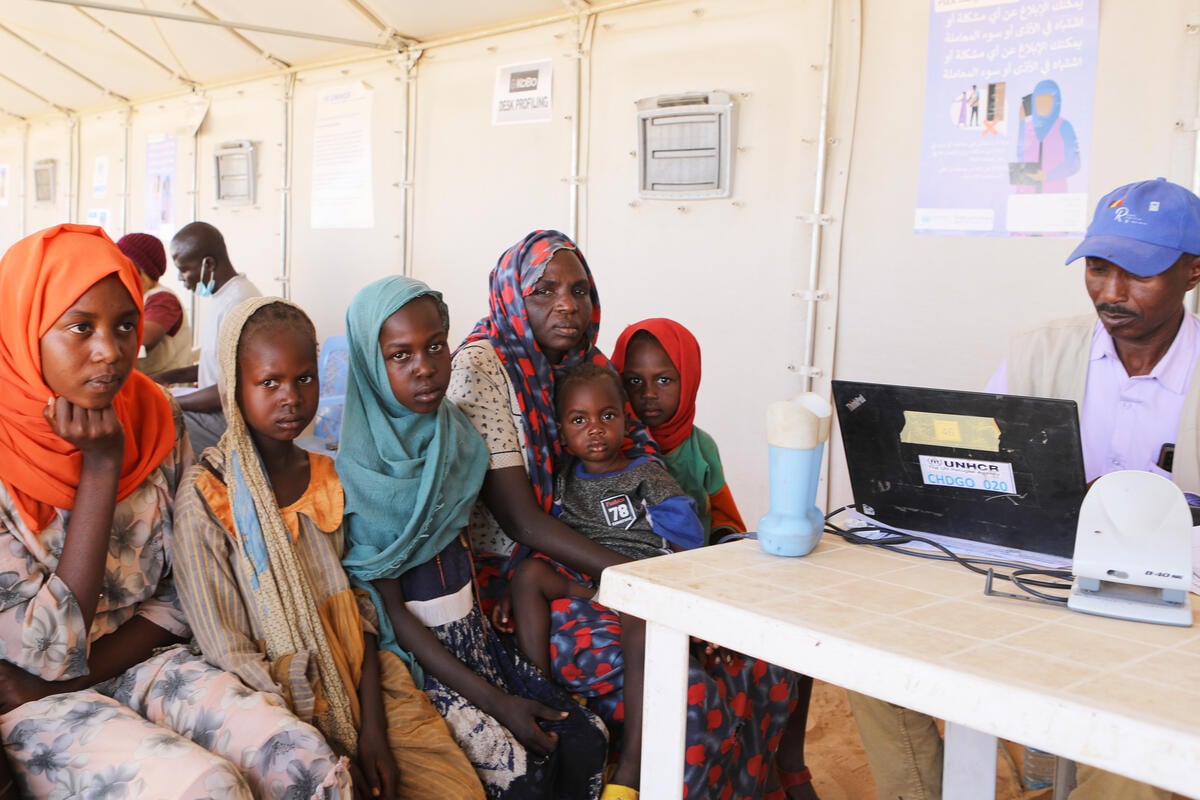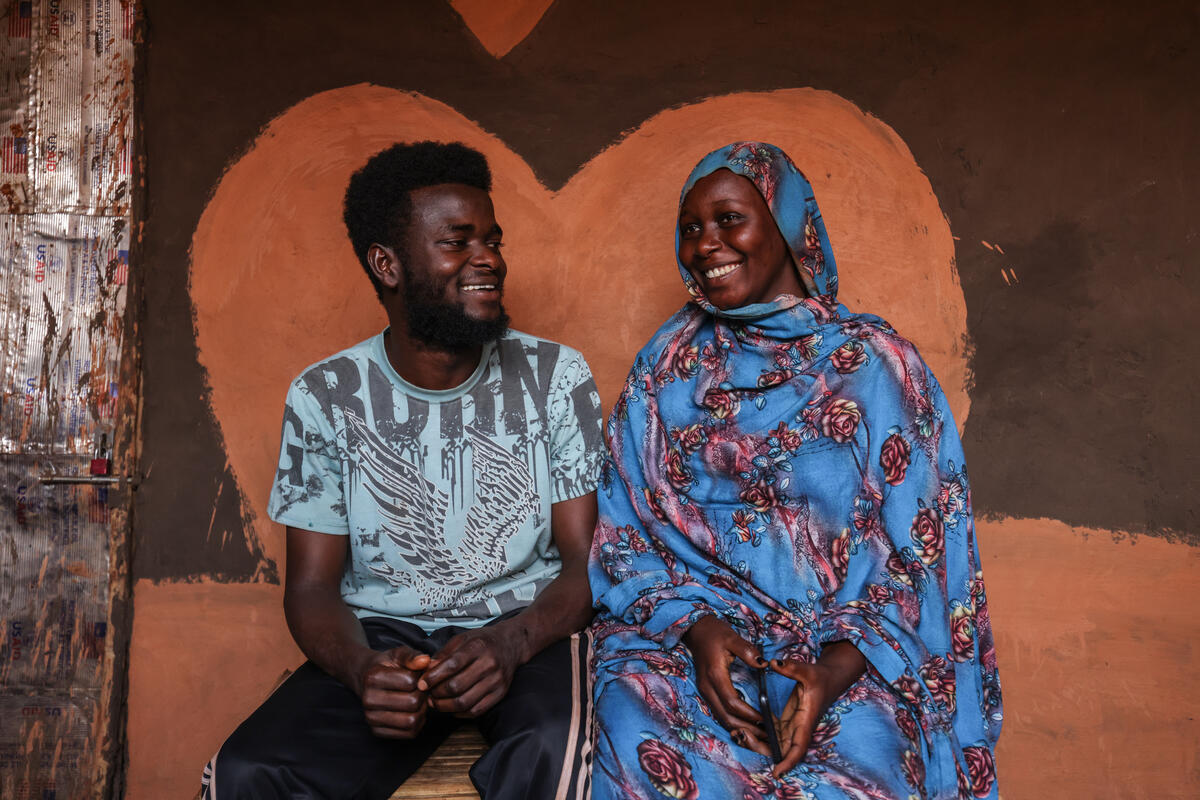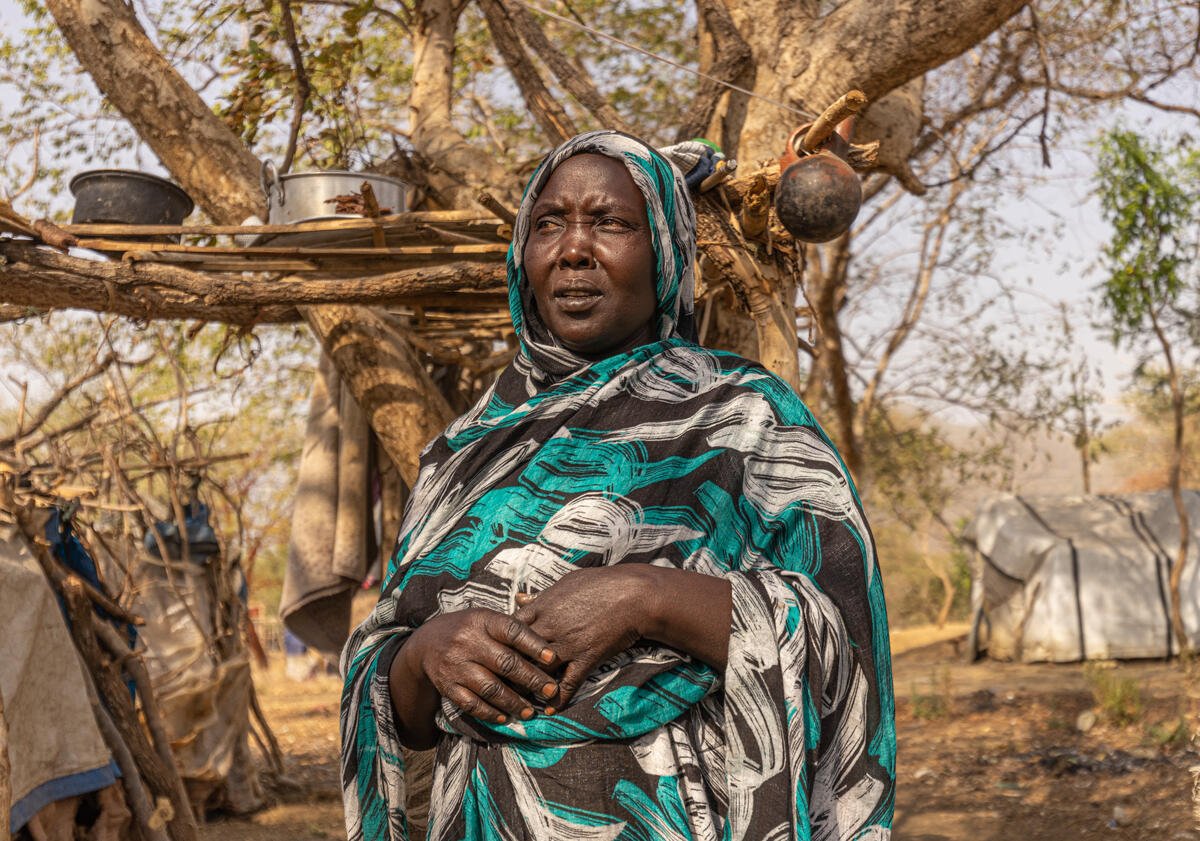Fresh fighting over past month forces 3,000 to flee Sudan's Nuba Mountains
Fresh fighting over past month forces 3,000 to flee Sudan's Nuba Mountains
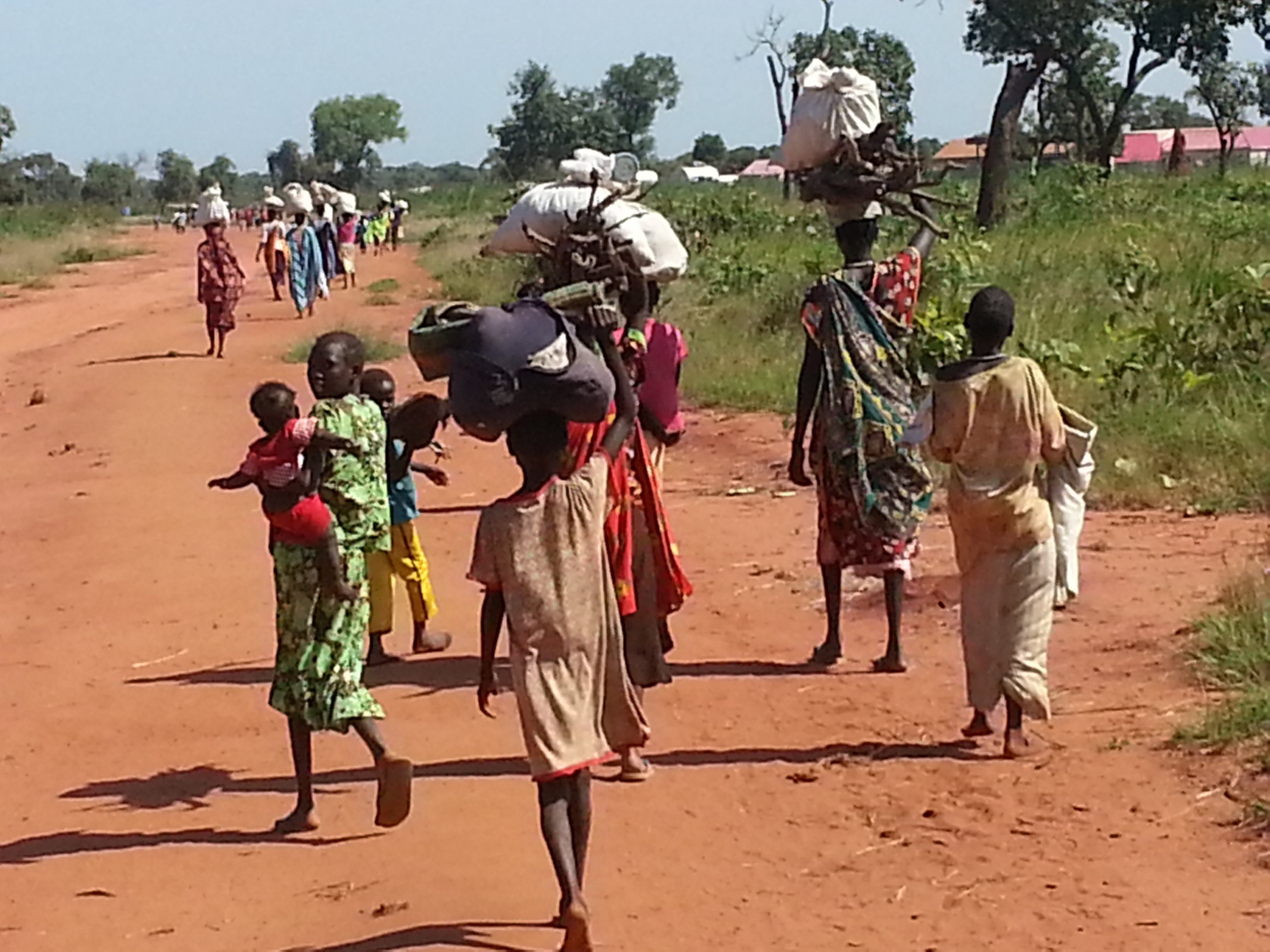
GENEVA, January 30 (UNHCR) - The UN refugee agency on Friday reported that fresh fighting in Sudan's Nuba Mountains has led to an increase in the number of people fleeing to South Sudan in the past month.
UNHCR field staff said that more than 3,000 Sudan citizens from South Kordofan and Blue Nile states have arrived since December 23 at the border town of Yida, a spontaneous settlement in South Sudan's Unity state already sheltering some 80,000 Sudanese refugees.
"With arrival rates exceeding 500 people per week, this represents an increase of more than 100 per cent compared to the same period of 2013," UNHCR spokesman William Spindler told journalists in Geneva.
Refugees, mainly from Um Dorrein, Heiban and Delami counties, told UNHCR that they had escaped conflict and widespread violence in the Nuba Mountains region, including air and ground attacks. Refugees have also cited the lack of livelihood opportunities and education in their areas of origin as reasons for leaving.
"The majority arrived in trucks while others came on foot," Spindler said. "Nearly 70 per cent of new arrivals are children, and an estimated 10 per cent suffer from malnutrition and measles. Refugees reported that many more Sudanese are on their way to South Sudan, but we are not in a position to confirm this information," he added.
At the transit centre in Yida, UNHCR and its partners provide assistance to the new arrivals, including hot meals. Refugees are medically screened and receive a measles vaccination upon arrival. UNHCR undertakes biometric registration of new arrivals to ensure that refugees can be identified quickly and are able to access assistance.
To date, more than 80 per cent of new arrivals have been transported from Yida to Ajuong Thok, a camp established in March 2013 to ease overcrowding in the Yida settlement. The remaining 20 per cent have decided to settle in Yida as they have family in the settlement. In Ajuong Thok, all refugees undergo further medical screening and all children under 15 years old are vaccinated against measles.
With 18,000 Sudanese refugees living in Ajuong Thok, the camp has almost reached its full capacity of 25,000 people and UNHCR is concerned that current funding may be inadequate to meet the needs of additional refugees.
Spindler said UNHCR was working with the government of South Sudan to identify a site to set up a new camp in Unity state in preparation for any more arrivals. South Sudan hosts nearly 250,000 refugees, mostly from Sudan, and more than 1.8 million internally displaced people.


